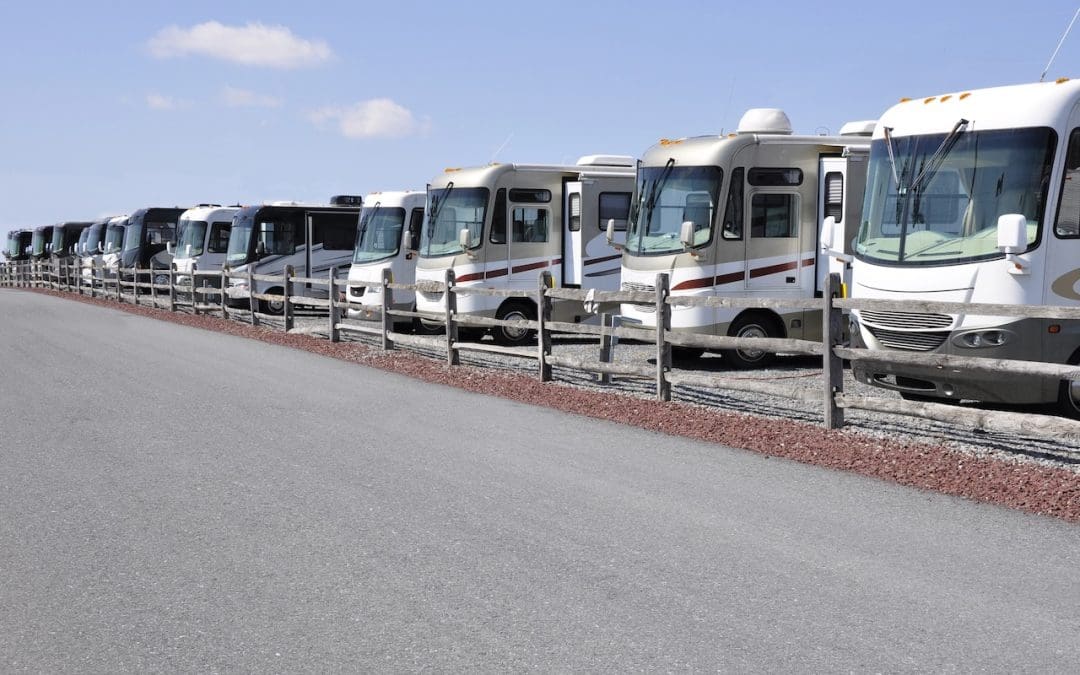Purchasing your first RV is a thrilling milestone, filled with endless possibilities for adventure and freedom. Whether you’re planning weekend getaways, extended road trips, or full-time travel, finding the right RV requires careful thought and research. From selecting the right type to understanding the associated costs, the process may feel overwhelming. However, with the right guidance, you will make a confident and informed decision that leads to years of enjoyment on the open road.
Deciding What Kind of RV Fits Your Lifestyle
Before you start shopping, take a step back and think about how you plan to use the RV. Are you dreaming of cross-country trips, or are you more of a campground-weekend kind of traveler? Your travel goals, comfort preferences, and towing experience will all help narrow down your options. Motorhomes offer the convenience of an all-in-one setup, while travel trailers and fifth wheels provide more flexibility, especially if you already have a capable tow vehicle. If you plan to stay in one spot for long periods, a larger fifth wheel or motorhome may be ideal for comfort and space. However, if you prefer shorter, more frequent trips, a smaller towable RV will make setup and travel easier. It’s worth visiting RV shows or local dealers to tour different models in person and get a sense of the layout, storage, and overall feel before making a purchase.
Understanding the True Costs of Your First RV
When buying an RV, it’s important to look beyond the purchase price. Ownership costs include maintenance, insurance, registration, and campground fees. You’ll also need to budget for essentials like sewer hoses, water filters, leveling blocks, and kitchen supplies. RVing could be as affordable or as luxurious as you make it, but being prepared for these expenses helps you start your journey without unexpected surprises. Another key factor is fuel efficiency. Larger RVs often use more fuel, which adds up on long trips. Considering your travel habits and destination preferences will help determine what’s realistic for your budget. Doing your homework early will save time and money while guaranteeing your experience is smooth from the start.
The Importance of an RV Inspection Before You Buy
Before finalizing your purchase, scheduling a professional RV inspection is one of the smartest decisions you will make. Especially when buying your first RV, an inspection gives you a detailed understanding of the unit’s condition, inside and out. Certified RV inspectors check everything from electrical systems and plumbing to the roof, tires, and appliances. Even brand-new RVs could have manufacturing issues, so getting an expert opinion helps protect your investment and guarantees the RV is safe and road-ready. If you’re buying a used RV, this step is even more important. Inspections uncover hidden water damage, roof leaks, or mechanical problems that aren’t visible during a quick walkthrough. Knowing what to expect before you buy gives you peace of mind and, if necessary, the ability to negotiate repairs or a better price.
Outfitting and Personalizing Your First RV
Once you’ve made your purchase, the fun really begins, making your RV feel like home. Start with the basics: kitchenware, bedding, and essential safety items, such as a first-aid kit and fire extinguisher. From there, you can personalize your space with décor, storage organizers, and gear suited to your travel style. Weight distribution affects how the RV tows and handles, so understanding your cargo limits is crucial. Over time, you’ll find your rhythm and determine what items you truly need versus those that take up space.
Learning the Ropes of RV Maintenance and Operation
Take time to learn the basics of RV systems, such as how to operate your water heater, manage tank levels, and maintain your batteries. Routine maintenance, such as roof checks, tire inspections, and seasonal cleanings, will help extend the life of your RV and prevent costly repairs. Many new RV owners find value in joining local or online RV communities where they can ask questions, share experiences, and learn from seasoned travelers. The more you learn, the more confident you’ll feel navigating the road and maintaining your RV for years of adventure.
Frequently Asked Questions (FAQs)
Should I buy a new or used RV?
Both have advantages. New RVs come with warranties and the latest features, while used RVs are often more affordable.
How much maintenance does an RV require?
Regular maintenance includes checking seals, servicing the engine or generator, inspecting tires, and keeping systems clean. Consistent care prevents issues and keeps your RV in great shape for years to come.
Can I live full-time in my first RV?
Yes, many people do. Just make sure the RV offers enough comfort and storage for your needs, and plan for connectivity, mail forwarding, and regular maintenance to support full-time travel.
USRV Inspector provides professional RV inspection services to RVers throughout the United States. Contact us to schedule an appointment.

